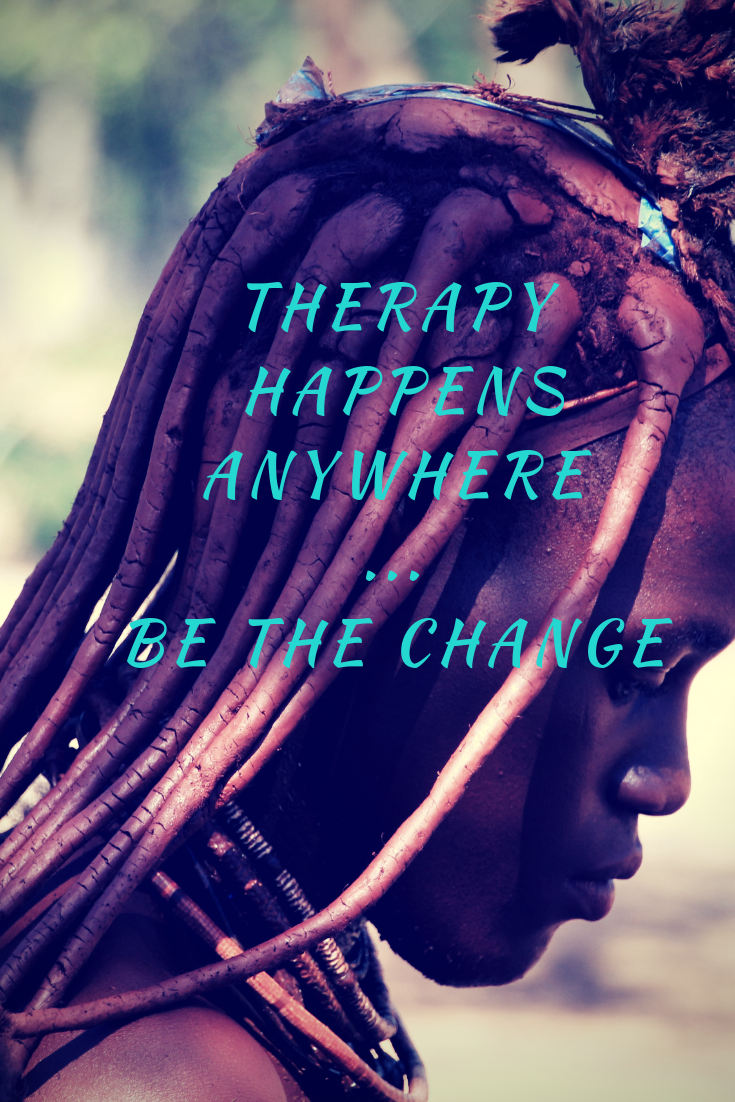
Understanding Autism as an Immune Disorder: A New Perspective on Hope and Awareness
Autism spectrum disorders (ASD) have long been a subject of intense study and discussion, with rates of diagnosis rising sharply over recent years. According to the CDC’s current estimates, 1 in 88 children in the U.S. has been diagnosed with ASD—a staggering 78% increase from the year 2000 estimates. Here in NJ, that rate is 1 in 35 kids diagnosed with ASD.
In recent years, there has been growing interest in the relationship between autism spectrum disorders (ASD) and the immune system. We can take a look at the intersection of autism and immune system issues, but the research indicates ASD is a hereditary condition. With such prevalence, autism has become a significant public health concern, one that touches many lives and families. But with the alarming nature of this epidemic comes a sliver of hope: emerging research on the relationship between autism and the immune system offers new avenues for understanding and managing the disorder.
The Immune-Autism Connection: Unveiling the Research
The human body is a network where different systems, including the neurological and immune systems, interconnect in complex ways. Scientific inquiries into ASD suggest that immune system dysfunctions may play a role in the exacerbation of autism symptoms. This connection presents a transformative perspective, one that frames autism not solely as a neurological condition but potentially as an immune-mediated disorder. The jury is still out, and there is so much we do not know about ASD.
Empowerment Through Emerging Science
For the Autism community, the correlation between impaired immunity and neurological disruptions is not entirely new. Advocates and families have observed the profound impact lifestyle changes can have on those with ASD. Treatments like NAET (Nambudripad’s Allergy Elimination Techniques), the GAPS (Gut and Psychology Syndrome) diet, and comprehensive early intervention programs have shown promising results. These approaches are grounded in the understanding that while there is no cure for autism, we are not entirely powerless in improving the quality of life for those affected. It is more about decreasing inflammation systemically rather than thinking that there is a cure.
Lifestyle Changes: Finding Hope
Adopting alternative health practices can complement traditional medicine, offering tangible benefits for children with ASD. By integrating healthy supplementation and social skills training, many parents and caregivers report seeing significant improvements. It is within these lifestyle adjustments and the active pursuit of new treatments that hope is often found.
While there is no one-size-fits-all solution, the key lies in individualized approaches that best suit the child and family. It is a journey of discovery, where both scientific knowledge and personal experience guide each step forward.
Knowledge as Power: Informed Choices for Autism Treatment
There may not be a cure for autism, but families can find solace and direction in staying informed about current research and emerging theories. Various treatment options, each with its own merits and challenges, are available for those on the autism spectrum. It is essential for families to critically evaluate these options and choose what aligns best with their needs and values. Families and caregivers within the ASD community share information and it is important to stay connected.
The Importance of Early Intervention
Early intervention remains a cornerstone of effective autism management. The earlier a child receives support, the better their outcomes tend to be. Therapies that focus on speech, occupational skills, and behavior can lay a foundation for children to thrive. Socialization and support will be an important part of your child’s life for years to come.
The Role of Diet and Nutrition
Dietary interventions have gained attention for their potential to alleviate some symptoms of autism. While research is ongoing, some families report that specific diet plans, like the GAPS diet, can lead to behavioral improvements and better overall health. If your child does not respond to this change, you can try something an alternative. The goal is to increase your intention and mindfulness around healthy habits for your child.
The Promise of Alternative Therapies
Alternative therapies, once on the fringe, have entered the mainstream conversation. Techniques such as NAET offer a different perspective on treating autism, focusing on allergy elimination and the body’s energy flow. I am NOT a physician, but I embrace alternative health, which has always proven to complement traditional medicine. Through healthy supplementation and social skills training, I have seen fundamental changes in children treated with NAET, the GAPS diet, and early intervention.
Within the Autism Advocacy community, we have known for some time that impaired immunity leads to neurological disruption, and now there is further evidence to support this theory. The power of hope and belief is in the believer. A lifestyle change just might change your life. We know that there is no cure, but we are also not powerless to manage the needs that come with loving and living with these amazing kids. While these methods may not resonate with everyone, for some, they offer a new sense of control and progress.
The Future of Autism Research and Treatment
As our understanding of autism expands, so too does the scope of potential treatments. The future of autism research holds promise for more targeted and effective interventions, with a growing emphasis on personalized medicine. There is no known cure for autism, as mentioned earlier, but children and families can find hope in current research and staying current with emerging theories. Several treatment options are available if you love someone on the Autism Spectrum; families need to pick the option that works best for them. Scientists are exploring everything from genetic markers to environmental factors, seeking answers that could unlock new ways to support those with ASD.
Advocacy and Support: Building a More Inclusive Society
Beyond treatment, there is a societal imperative to advocate for individuals with autism. Communities, schools, and workplaces are increasingly recognizing the need for inclusivity and support for those with ASD. This is an EPIDEMIC and one that will not go away. Chances are someone you care about has the diagnosis, and currently, there is no known cure; the focus of our solutions-strength-based approach might be better spent on resource management and improving outcomes. By fostering an environment that values neurodiversity, we can create a world where individuals on the spectrum can fully participate and contribute.
Fostering Resilience and Optimism
Autism, viewed through the lens of immune disorder research, offers both challenges and opportunities. It calls for resilience from families and individuals, a commitment from researchers, and an empathetic response from society. By embracing an informed, hopeful approach to autism, we can empower those on the spectrum to lead fulfilling lives. As we continue to seek understanding and solutions, let us do so with the knowledge that while the path may be complex, it is traversed together, with hope as our guide.
Autism and The Holistic Store
While we are thinking that through, boost your connection from the inside out with our wellness supplements and supplies. Check out our store for products that help you feel your best, making it easier to open up and connect on a deeper level.

